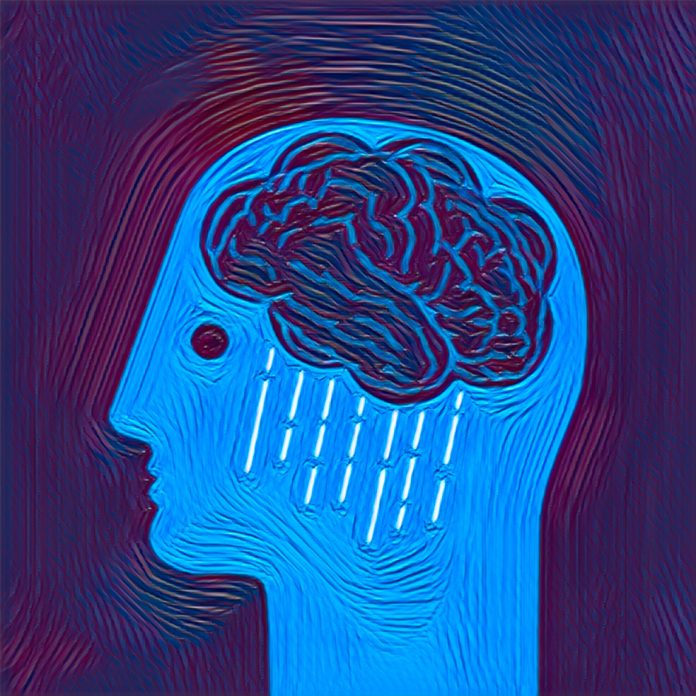KEY POINTS
-
Approximately 40 million Nigerians, including one in six youths aged 15-24, are living with mental health conditions.
-
Nigeria faces a severe shortage of mental health professionals, with fewer than 300 psychiatrists for over 200 million people.
-
Cultural stigma and limited access to care exacerbate the crisis, leading to significant personal and societal consequences.
A silent epidemic is sweeping through Nigeria’s youth population, as rising economic hardship, unemployment, and social stigma fuel a worsening mental health crisis.
Experts warn that without urgent intervention, millions of young Nigerians may continue to suffer in silence, with devastating personal and societal consequences.
According to the World Health Organization, approximately 40 million Nigerians—about one in five—are currently living with mental health conditions such as depression, anxiety, bipolar disorder, and substance use disorders.
Among youth aged 15 to 24, the prevalence is particularly alarming: a 2021 UNICEF report found that one in six in this age group faces mental health challenges.
Economic instability is a key driver. With Nigeria’s unemployment rate reaching 41% in 2023, many young people are grappling with financial insecurity, academic pressures, and limited future prospects. Dr. Adedotun Esan, founder of the Mental Health With Ditty Foundation, noted that “financial difficulties and economic insecurity are major risk factors for poor mental health, especially in developing countries like Nigeria
Stigma, shortages, and systemic gaps
Despite the growing need for the services, access remains limited. Nigeria has fewer than 300 practicing psychiatrists for a population exceeding 200 million—far below the World Health Organization’s recommended ratio of one psychiatrist per 10,000 people.
This shortage is exacerbated by a “brain drain,” as many trained professionals emigrate in search of better opportunities.
Cultural stigma further compounds the crisis. In many communities, it is still attributed to supernatural causes such as witchcraft or curses. A 2022 study revealed that these beliefs often lead families to seek spiritual interventions rather than medical treatment. This stigma discourages individuals from seeking help, leading to worsening symptoms and social isolation.
The consequences are dire. Untreated mental health issues contribute to substance abuse, domestic violence, and crime.
A report by the National Library of Medicine estimates that untreated mental illnesses cost Nigeria over $166.2 million annually in lost productivity.
Grassroots efforts and legislative action towards
In response to the crisis, both governmental and non-governmental organizations are taking steps to improve the awareness and services. In January 2023, Nigeria enacted the National Mental Health Act, replacing the outdated Lunacy Act of 1958.
The new law aims to protect the rights of individuals with such conditions and integrate mental health into primary care services. However, implementation remains a challenge due to funding gaps.
Non-governmental organizations have been instrumental in bridging these gaps. Organizations like the Mentally Aware Nigeria Initiative (MANI) have led campaigns to educate the public and provide free counseling services.
For example, MANI’s “Not Every Wound is Visible” campaign in 2022 reached over 1 million people through social media, challenging stereotypes about it.
Prominent figures are also advocating for change. Peter Obi, the Labour Party’s presidential candidate in the 2023 elections, emphasized the need for increased awareness and support for mental health issues in Nigeria. He noted that “mental health is often neglected but plays a vital role in the overall health sector, significantly affecting national productivity.”



